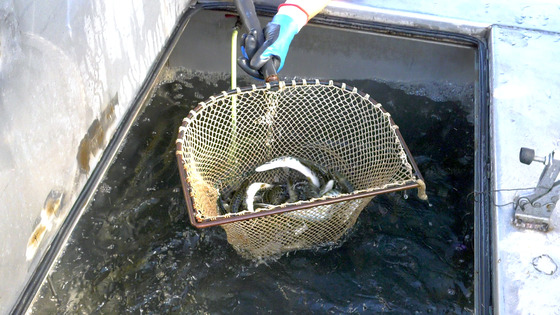DNR Confirms Cicadas Have Begun To Emerge In Wisconsin
MADISON, Wis. – The Wisconsin Department of Natural Resources (DNR) today confirmed the emergence of cicadas in Wisconsin.
A resident of Lake Geneva has sent photos of newly emerged cicadas (Magicicada spp.) taken on Friday, May 17. The DNR confirmed that these insects are indeed Brood XIII cicadas.
Periodical cicadas are found in the eastern half of the United States and nowhere else. There are seven species, four of which have 13-year life cycles and three that have 17-year cycles. Of those, there are 15 “broods” or year classes.
The 17-year Brood XIII is the only one known to emerge in Wisconsin, though only in the southernmost counties. However, other parts of the Midwest, like Illinois and even further south, will see the emergence of both Brood XIII and the 13-year Brood XIX. This will be the first time these two broods have emerged in the same year since 1803 – 221 years ago.
Cicadas’ deafening mating calls can be annoying; after they mate, their carcasses can become a nuisance as they litter the ground. The insects do not bite or sting; in fact, many people cook and eat cicadas; some even call them “tree shrimp.”
The insects are expected to keep emerging in southern Wisconsin into June and will not appear again in the state until 2041. Individuals who spot cicadas on their property or public lands are encouraged to report the sighting on the Cicada Safari app to help track the co-emergence of Broods XIII and XIX.
For more information, visit the University of Wisconsin–Madison’s Periodical Cicadas in Wisconsin webpage.
NOTE: This press release was submitted to Urban Milwaukee and was not written by an Urban Milwaukee writer. While it is believed to be reliable, Urban Milwaukee does not guarantee its accuracy or completeness.
Mentioned in This Press Release
Recent Press Releases by Wisconsin Department of Natural Resources
DNR Seeking Public Comment On Master Plan Variance To Add Trailhead Shelter, Storage Facilities To Peninsula State Park
Jul 17th, 2025 by Wisconsin Department of Natural ResourcesPublic Comment Period Open Through Aug. 7
DNR Publishes 2024 Fish Stocking Summary
Jul 16th, 2025 by Wisconsin Department of Natural ResourcesOver 5 Million Fish Stocked Into Wisconsin Waters























